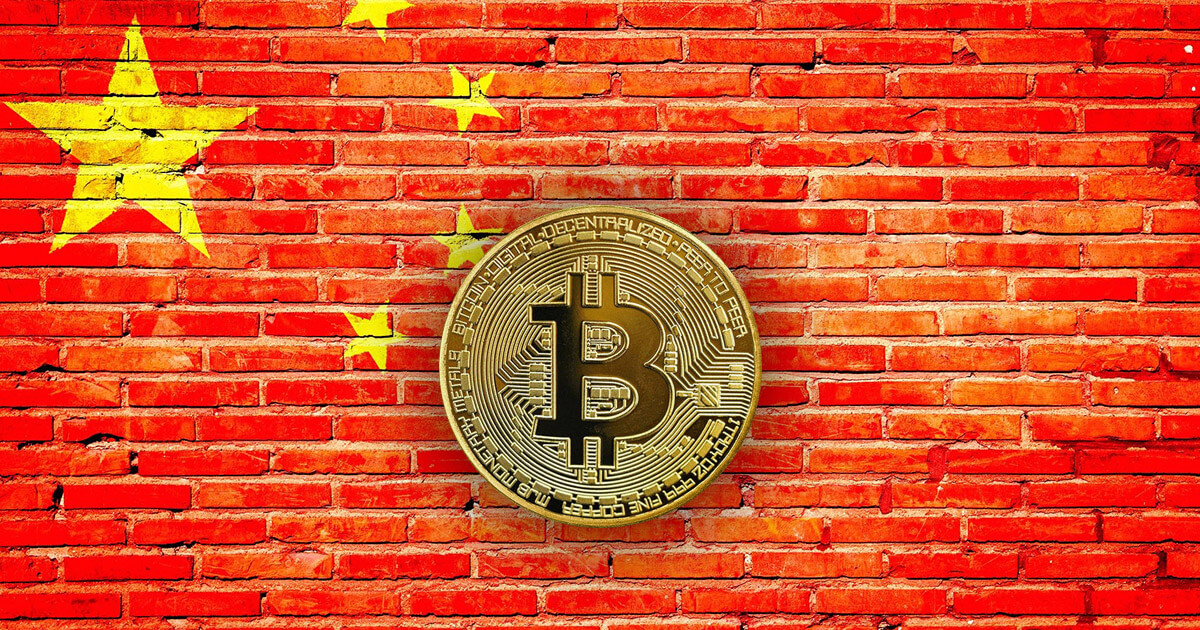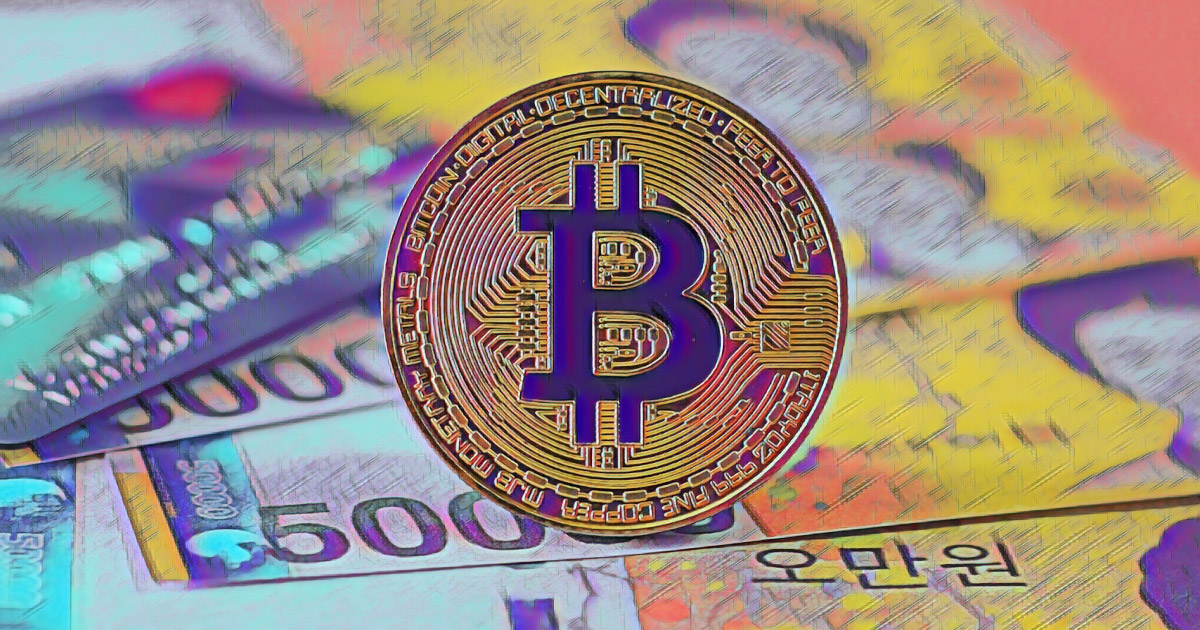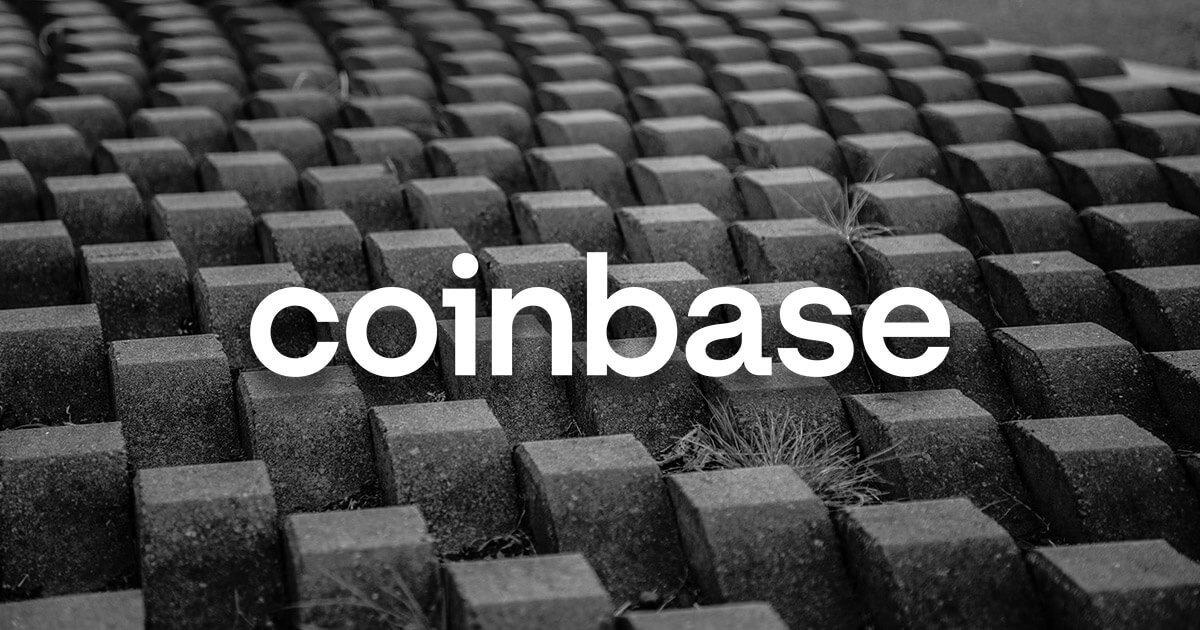Li Bo, a deputy governor of People’s Bank of China (PBoC), the country’s central bank, said over the weekend that Bitcoin and stablecoins are ‘alternative investments’ in the eyes of the law.
Breaking: Li Bo, deputy governor of the Central Bank of China, said that crypto assets such as Bitcoin should be used as investment tools or alternative investments. This is the first time that the Chinese government has recognized the asset value of cryptocurrencies. pic.twitter.com/bgDIVA1eMJ
— Wu Blockchain (@WuBlockchain) April 18, 2021
Bitcoin, stablecoins are all ‘alternative’
“We regard bitcoin and stablecoins as crypto assets. Crypto assets, as Agustin just discussed, are investment alternatives, they are not a currency per se. The main goal we see for crypto assets, going forward, they are mainly investment alternatives,” said Bo during the Bo’Ao Asia Forum.
Stablecoins are cryptocurrencies pegged to a fiat currency, such as the US dollar or the British pound, on a 1:1 basis that are redeemable for each other and match a supply equal to the underlying assets.
They are a big market as well. Stablecoins like Tether and USDC represent over $48 billion and $12.5 billion worth of US dollars effectively but remain in a regulatory gray area in most countries. However, authorities are starting to take notice and make create relevant policies for their smooth functioning in the broader ecosystem.
Tether has just surpassed $45B market cap! ?
And it was only in January when Tether tokens ($USDt) stood at US$25 billion. Another milestone has been reached! ????
Stay up to date on our official Telegram channel ⬇️https://t.co/137b5oOauU pic.twitter.com/oNv7APaz9g
— Tether (@Tether_to) April 13, 2021
And as per Bo, if stablecoins are to gain widespread popularity in China, their issuers would be legally regulated as traditional banks, “For stablecoins, they are crypto assets, and if they want to be accepted widely as a payment solution, we need stronger regulations, stronger than bitcoin maybe, in the sense, something like a currency board,” he said.
Bo added:
“Going forward, I think stablecoins, which may have the vision to become a widely accepted payment solution, has to be regulated like a bank or a quasi-bank.”
Digital currency on track
China has enjoyed a love-hate relationship with cryptocurrencies so far. The government is very strict about their usage and possession, but the local market remains one of the biggest crypto trading zones (by userbase and interest) in the world. It’s also home to over 80% of the world’s Bitcoin miners.
Still, the country has not banned the ownership of cryptocurrencies outright, with certain court cases in China even considering the assets as ‘legal property’ to settle matters in previous instances.
A court in Hangzhou, #China, upheld #Bitcoin’s status as “virtual property.” The ruling reaffirms that $BTC is legal to own in China and indicates to holders that they will be protected by the country’s legal system in disputes.
Credit @DoveyWan.https://t.co/qiE7WoUueI— CryptoSlate (@CryptoSlate) July 19, 2019
The legal back-and-forth continues to go on for now. “As for investment alternatives, many countries, including China still, [are] looking into it and thinking about what kind of regulatory requirements – maybe minimal but we need to have some kind of regulatory requirement – to prevent the speculative nature of such assets [from creating] any serious financial stability risk,” said Bo, adding the PBoC would maintain its “current regulation” of the crypto market until newer laws are introduced.
Meanwhile, the PBoC governor said China is on track when it comes to its digital yuan. As CryptoSlate reported previously, the upcoming state-backed digital currency (pegged to the yuan) is slated for a mid-2022 launch and has already seen extensive testing in the region.
However, other governments need not fear. “Our goal is absolutely not to replace the U.S. dollars or any other international currency. Our goal is to let the market to choose,” explained Bo, addressing concerns.


















